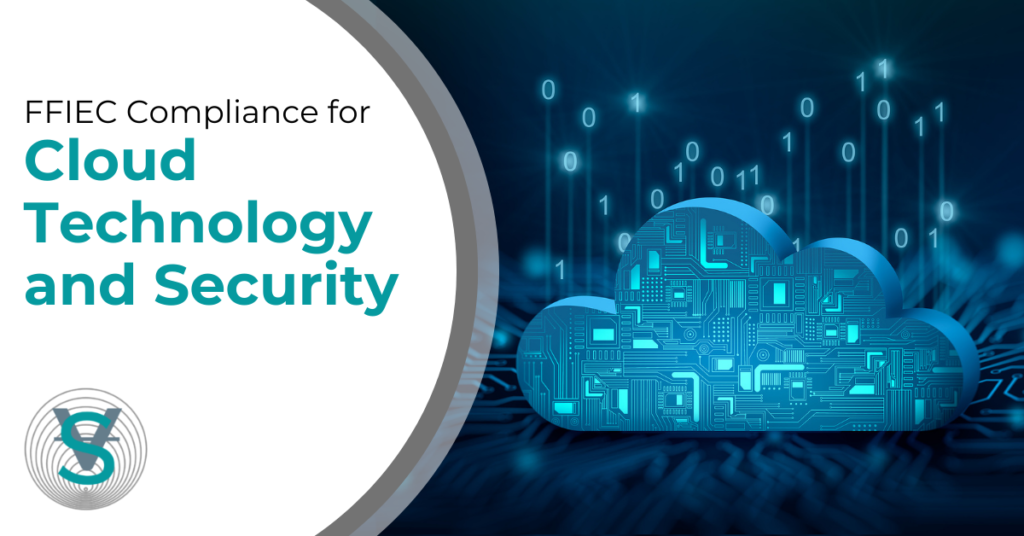
Financial institutions are very distinct with the use of technology. While technology can improve work efficiency, it can also introduce risk into the system. The peculiarities of the institution require that a balance is achieved between the risk of introducing new clients to the system.
To maintain the Federal Financial Institutions Examination Council (FFIEC), financial institutions must adhere to uniform principles, standards, and reporting requirements. Otherwise, they can be subject to penalties. Unlike other industries, the financial sector must adopt a structure that encourages FFIEC compliance.
Cyber threats are prevalent in financial institutions. It becomes necessary to enforce stringent regulations to protect them from malicious activities and ensure cybersecurity. Many financial organizations struggle with FFIEC compliance.
Following is an overview of what FFIEC compliance means.
What is FFIEC Compliance?
This is a body of five different federal agencies rooted in financial regulations. The members of this institution are as follows:
- Board of Governors of the Federal System
- Federal Deposit Insurance Cooperation
- National Credit Union Administration
- Comptroller of the currency
- Thrift supervision
- State Liaison Committee
These individual members work together to develop principles and report forms that are the same for financial institutions. In the same vein, they also regulate the appraisal for real estate. The standard created for financial institutions ensures that they are held accountable due to the large responsibility they have for securing and protecting sensitive client information.
What Are the 11 FFIEC Compliance Topics?
FFIEC compliance encourages due processes. For this purpose, it has put together 11 different topics that financial institutions operate upon. Understanding these various areas will help federally supervised financial institutions with their compliance obligations. The topics are as such:
- Continuity planning: A strong plan is necessary to protect the financial institution from disruptions such as natural disasters or cyber attacks that may affect the continuity of the business.
- Development/Acquisition: Poorly managed acquisition is a leading cause of many cybersecurity-related issues. An understanding of the risks associated with this negligence is fundamental.
- E-banking: Many customers prefer using an e-banking system because of the convenience it offers. But, your financial organization must also devise ways of keeping data secure.
- Information security: Your financial institution’s cybersecurity measures must address some of the financial landscape’s attacks. Cybercriminals are always seeking updated means of attacking your system. So, your defense system continually is updated, and using a zero-trust approach is preferred.
- IT Audit: The auditing practices you favor at your financial institution can also affect operations. This is why you must continually maintain compliance at all times.
- IT Management: Your governance policies for IT management and monitoring must complement the requirements of FFIEC compliance.
- Operations: Risk management strategies will make it easy for your financial institution to address cyberattacks or the emergence of other threats.
- Outsourcing services: In your quest to outsource technology services to external partners, make sure they share similar cybersecurity standards as your financial institution.
- Payment systems: There are always risks with the payment system of financial environments. One great danger it poses is the absence of physical security. You must bear this in mind when operating with a retail scheme.
- Supervise service providers: You will work with third-party service providers as a financial service provider. Regardless of the relationship that you share with them, ensure you keep a close eye on them and encourage the use of recommended guidelines in your choice.
- Wholesale Payment system: There are high-value payments processed through the procedures. For this purpose, you must ensure that you examine all the payments thoroughly before approving them.
Areas of Focus Cloud Technology and Security
There are three key areas when it comes to a cybersecurity strategy. These are:
- Preventing attacks
- Detecting attacks
- Containing attacks
Financial institutions must do all three well to stay compliant and avoid an expensive breach of their systems and data. Each of these three areas takes distinct, yet complementary IT security solutions.
It seems that while detection and containment are getting addressed, organizations are not as adept at preventing attacks.
A survey of 400 security professionals found that the financial services industry is better at detecting (56%) and containing (53%) cyber threats than it is at preventing attacks in the first place (31%).
It’s important to build out a multi-pronged strategy when putting cybersecurity measures in place for security and regulatory compliance.
How to Get Help with FFIEC Compliance
Regardless of the significance of the 11 areas covered by FFIEC compliance, your organization may lack the capacity to address them effectively. Non-compliance in any of these areas comes with grave consequences and penalties for your organization.
Fortunately, you do not have to expose your organization to these severe penalties. Our Cybersecurity Essentials for Business Owners eBook can shed some light on best practices for IT security and FFIEC compliance in your organization. Need more guidance? Reach out and schedule a chat.